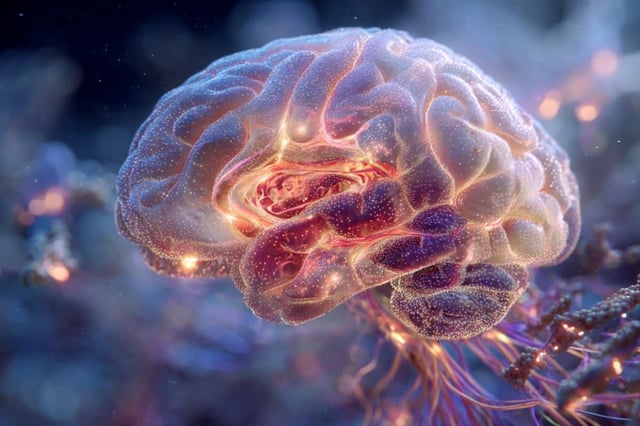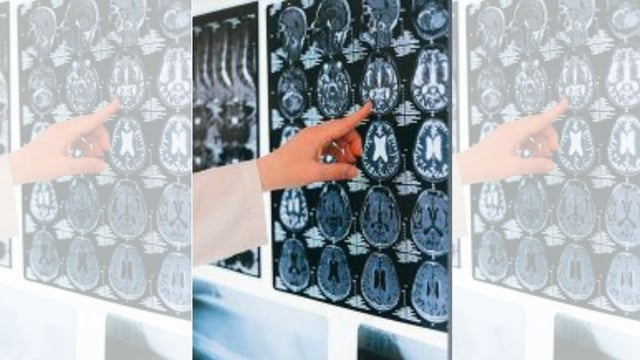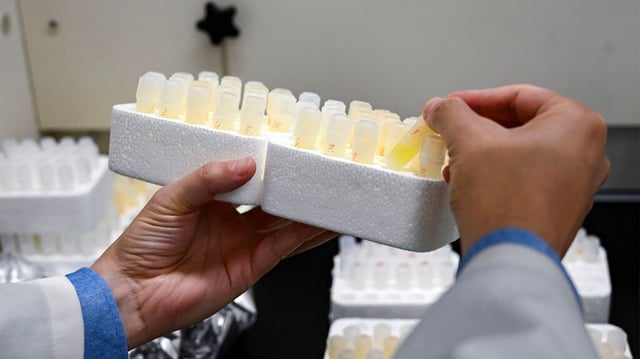Overview
- A Nature paper led by Harvard researchers demonstrates that lithium is naturally present in the human brain and its levels drop early in mild cognitive impairment and Alzheimer’s due to amyloid plaque sequestration and impaired uptake.
- In mouse models, dietary lithium depletion accelerated amyloid, tau and inflammatory changes while inducing memory decline.
- Treatment with low-dose lithium orotate that evades plaque binding reversed neuropathology and restored memory in Alzheimer’s mouse models without high-dose toxicity.
- Study authors and clinicians suggest tracking lithium levels could serve as an early diagnostic biomarker and that plaque-evasive, low-dose lithium may offer a preventive or disease-modifying strategy.
- Experts warn against unsupervised supplementation and emphasize that controlled human clinical trials are essential to determine appropriate dosing, safety and therapeutic efficacy.


